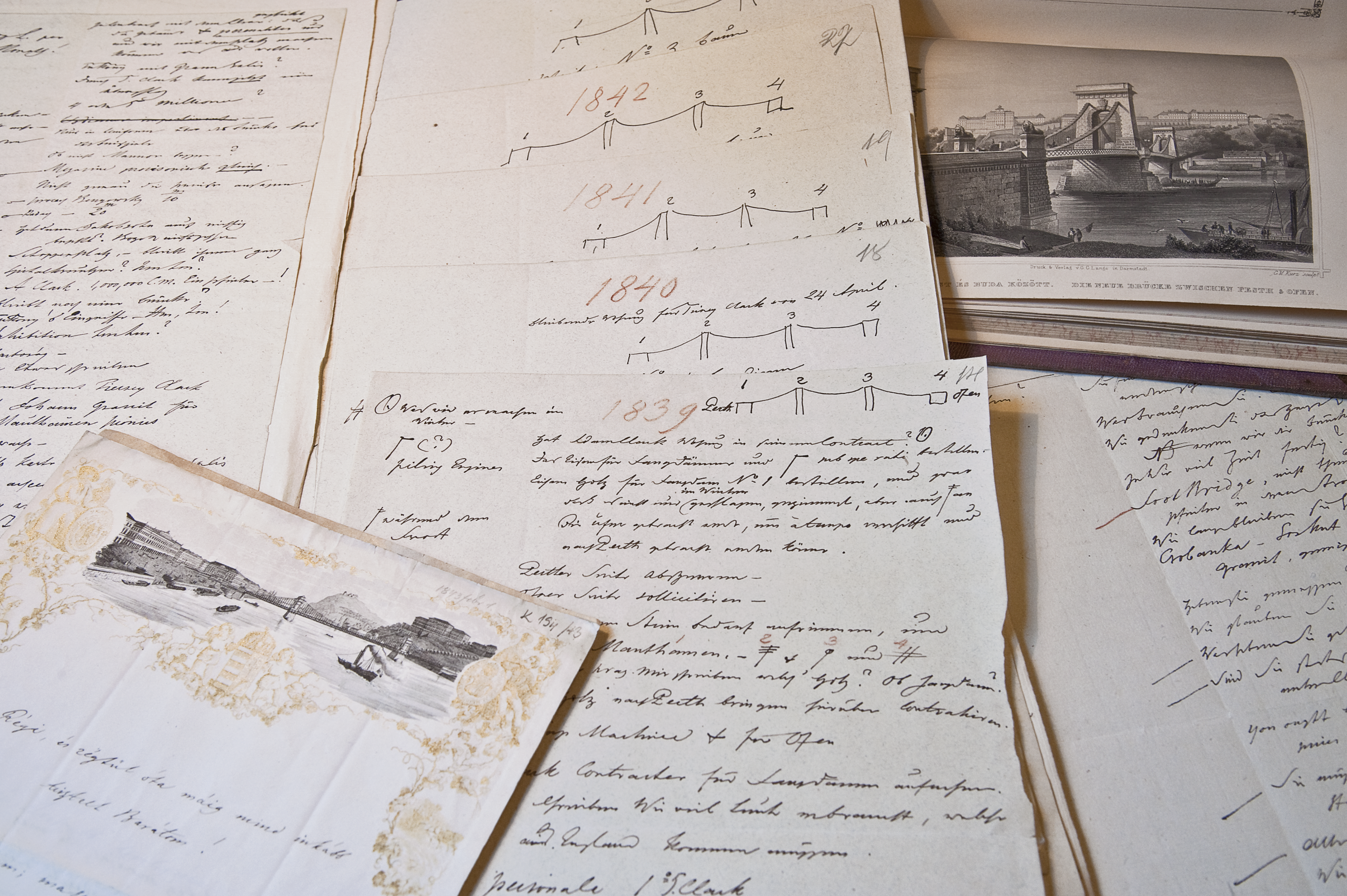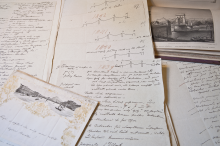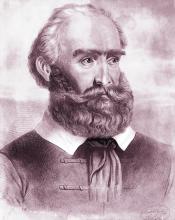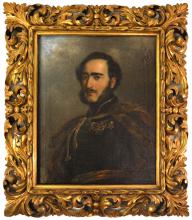Intellectual heritage of count István Széchenyi

Short description:
The huge and unprecedented lifework of Count István Széchenyi stood out not only in his own age, but carries important values for the successors too. His exemplary love toward his homeland, belief in progress, sacrifices, willpower and last but not least, practical works made him to one of the greatest figures of the Hungarian history. Analysing the economic and cultural differences between the external and Hungarian public systems, István Széchenyi realised that he had to work on introducing public institutions that already worked efficiently abroad. He introduces horse races, based on English example, in Pest in 1822, created the First Horse Breeding Association in 1825, and then made a financial donation and laid down the foundations of the Hungarian Academy of Sciences. Following another British example, he formed the National Casino in Pest in 1827, providing a venue for the social activities of the Hungarian aristocracy. He published his work Credit in 1830, summarising the economic and social programme of the civilian transformation of Hungary. He took part in the foundation of the Commercial Bank and, as a royal commissioner, was in charge of the grandiose work of the regulation of the Lower Danube. He was also in charge of the Tisza regulation works, the introduction of steam navigation of Lake Balaton and last, but not least, the construction of the Chain Bridge in the 1840s.
Details:
Javaslat nemzeti érték Hungarikumok Gyűjteményébe történő felvételéhez
Az érték a Hungarikum törvény 114/2013. (IV. 16.) Kormányrendelet a magyar nemzeti értékek és hungarikumok gondozásáról III. sz. mellékletének Hungarikum Bizottsághoz történő felterjesztésével és elbírálása által került a Hungarikumok Gyűjteményébe.
Tags: gróf széchenyi istván, szellemi hagyaték, hungarikum







